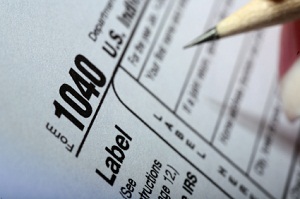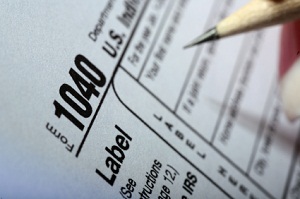Career Profile: Tax Examiner

 Why Is Tax Examination a Job of Tomorrow?
Why Is Tax Examination a Job of Tomorrow?
Highways will always need to be constructed and maintained, teachers and police officers paid and the military equipped, so taxes to fund such items are a constant. As a result, tax examiners will stay in steady demand to handle all of the complex paperwork that paying these levies entails. Employment opportunities for tax examiners are expected to increase 2 percent, according to the Bureau of Labor Statistics. Tax examiners make an average salary of $45,620 annually.
What Does a Tax Examiner Do?
Tax examiners are responsible for reviewing tax returns to ensure that the forms are filled out accurately. They deal with a high volume of paperwork, and must evaluate each individual case to determine whether the individual is eligible for tax credits or deductions. The bulk of the examiner's duty is to ensure that the tax credit and deduction claims made by the taxpayer are legitimate. They may request additional paperwork or documentation, notify the taxpayer of things that do not match up and inform the taxpayer if they over or underpaid. Examiners must be careful to make certain that every piece of information on the tax return forms is correct. They check names, birth dates and Social Security numbers for accuracy, and double-check the math on the forms. Most tax examiners work with individuals or small businesses, though a few also work with large companies, which must file more complicated tax returns. Entry-level tax examiners often perform clerical duties such as data input or filing to keep the returns that examiners work on organized to lessen the probability of error.
What Kind of Training Do I Need to Become a Tax Examiner?
Tax examiners must have a bachelor's degree in accounting or a related field. A bachelor's degree takes four years to earn. An accounting degree program includes courses on mathematics and finance. Typically, those with working experience in accounting, bookkeeping or tax analysis are preferred, as they are already familiar with tax laws. Newly hired tax examiners are trained on the job site, and examiners must remain current with tax laws, procedures and regulations.